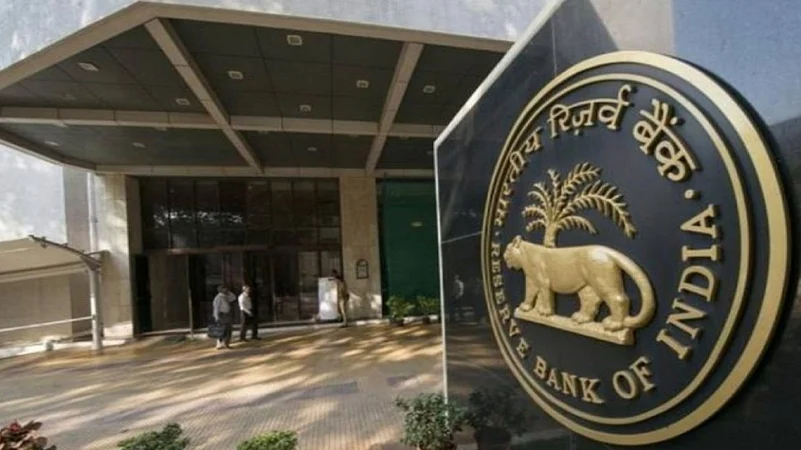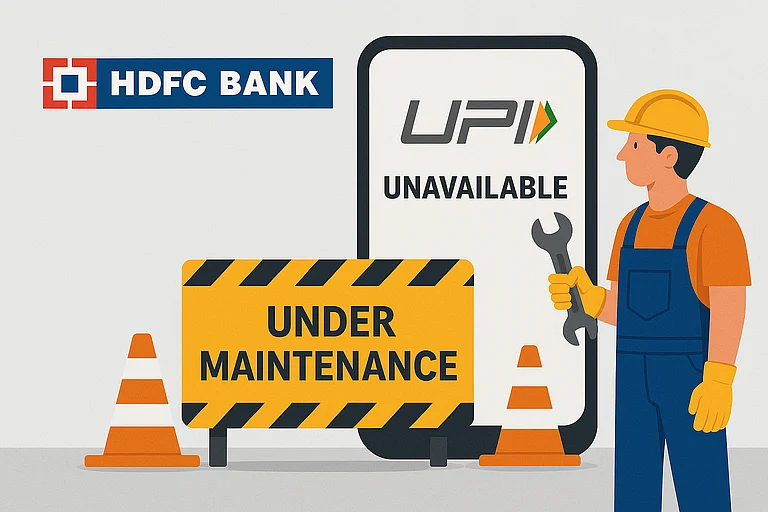The Reserve Bank of India (RBI) has issued a notification detailing a set of directions prohibiting pre-payment charges on specific categories of loans, effective from January 1, 2026. The move is intended to bring uniformity in lending practices and address borrower grievances. Notably, prepayment penalties refer to the fees which lenders charge borrowers if they repay their loan earlier than the agreed repayment schedule.
All loans and advances approved on or after the effective date by commercial banks (excluding payments banks), cooperative banks, non-banking financial companies (NBFCs), and All India Financial Institutions will be subject to RBI’s new guidelines.
As per the new rules, regulated entities will not be allowed to levy pre-payment charges on floating-rate loans granted to individuals for non-business purposes, regardless of whether there is a co-obligant. The central bank also stated in the notification that supervisory reviews have revealed inconsistent practices among regulated entities regarding pre-payment charges, particularly for loans sanctioned to micro and small enterprises (MSEs), which led to complaints from customers. The RBI also found that some lenders framed loan agreements to deter borrowers from moving to other lenders.
Regulated entities such as commercial banks (excluding small finance banks, regional rural banks, and local area banks), Tier 4 primary (urban) co-operative banks, NBFC–Upper Layer (NBFC–UL), and All India Financial Institutions will not be allowed to charge pre-payment penalties on loans granted for business purposes to individuals and MSEs.
Other institutions such as small finance banks, regional rural banks, certain cooperative banks and NBFC Middle Layer (NBFC ML) have also been barred from levying pre-payment charges on loans with a sanctioned amount up to Rs 50 lakh.
These directions will apply regardless of the source of the pre-payment and without any minimum lock-in period. For dual or special rate loans (partly fixed and partly floating), the rules apply if the loan is under a floating rate at the time of pre-payment.
The RBI directed regulated entities to explicitly show applicable charges and exemptions in the sanction letter, loan agreement, and Key Facts Statement. According to the RBI notification charges not disclosed earlier or previously waived will not be imposed at the time of pre-payment.
As mentioned in the notification, the guidelines were finalised after reviewing public feedback and supervisory findings.















